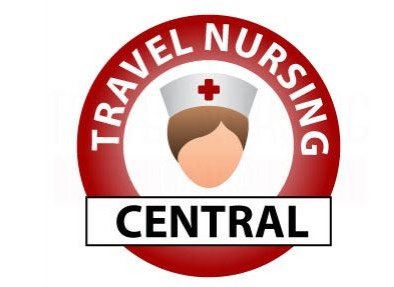
Don’t let a difficult patient ruin your shift. Keep your cool under pressure with these handy tips.
Travel nursing is a rewarding career, but sometimes, you’ll meet a patient who ruins your day with their attitude. You know the type: rude, demanding, or maybe even downright abusive. Whatever the patient’s behavior, it’s still your job to care for his or her needs. So how do you manage to remain the awesome care provider you are when you are confronted with a nightmare patient? Here’s a checklist to help you keep your cool when treating a difficult patient as a travel nurse:
- Remember It’s Not Personal: People are usually in a hospital for a reason — they are sick. They might also be afraid, lonely, or on medication that makes them irritable. Everyone reacts to these situations differently, so It’s important to remember that your patient probably isn’t at his or her best around you. Cut them a little slack.
- Connect: Sometimes, patients just need someone to listen to them. Ask them what they are worried about, how you can help them in the current situation, or even begin your response with, “I understand why you might feel that way.” In most cases, patients appreciate your efforts more when you show them you care about them as a person, not just another patient.
- Remain Calm: When a patient becomes verbally abusive, take a deep breath and stay calm. This doesn’t mean you have to plaster a fake smile on your face. You can diffuse a difficult situation with concise language. For example, it’s better to say, “I understand why you are upset. Please know that I am doing everything I can to help you,” than “I am doing all I can here. You will just have to wait.” It’s also a good idea to set a time limit for how long you are willing to listen to their complaints, and then if necessary, inform the patient you will return when they are ready to listen to you.
- Know Your Emotional Triggers: Everyone has their own emotional baggage. Be aware of yours and what language might trigger it. If you are easily hurt by negative comments, take a few moments alone to recover before moving on with your day. Try to stay positive with a good sense of humor about the situation.
- Recruit Help: Unfortunately, even the above tactics might not be enough in extreme cases. Sometimes patients can become violent. These patients might have a mental illness, be intoxicated or drugged. Whatever the reason for the outburst, you do not have to put up with physical abuse. When necessary, alert your immediate supervisor to the situation or call hospital security to help.
As a healthcare professional, you know that caring for difficult patients is part of the job. Although it’s not easy, handling these patients doesn’t always have to be a chore. These 5 tips on treating a difficult patient will help you remain a professional, confident travel nurse.

